
Supporting women through the messy middle of their careers
International Women’s Day may well be over, but progressive agency leaders remain focused on supporting women at every stage of their careers.
How far did your lunch travel?

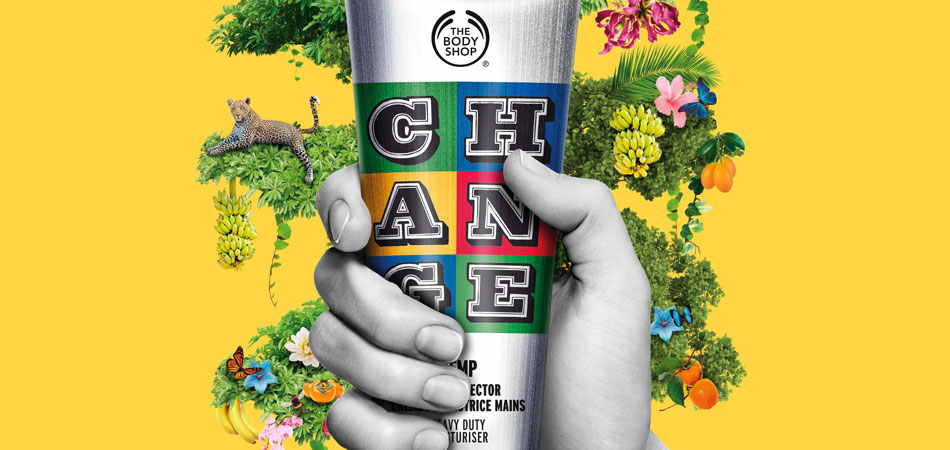
Most days I eat half an avocado for lunch (apparently the body can only absorb the nutrients from half of the fruit), organic of course, because this makes me a better person inside and out, right? Well, the avocados I bought this week came in a multipack of two, wrapped in plastic, all the way from Mexico. I have no idea about the working conditions of those who picked them, or the transportation process. It’s fair to say that most of us are blissfully unaware of the supply chain for most of the products we consume every day.
Last year Whole Foods launched their Responsibly Grown labelling. The system rates both organic and conventional produce, taking into account how farmers conserve energy and water along with other environmental and ethical factors like the treatment of workers. Rating food is difficult territory. Local food is not always good, and genetically modified food is not always bad.
Zady is a sustainability-focused fashion company known for its ethically-sourced clothing and accessories. Their moral stance reaches beyond the brand and out into the industry. On the website is a tool to help other fashion brands become transparent in their sourcing. A roadmap highlights the pain points of the textile industry, and an open-sourced set of guidelines give advice on sustainability and human rights.
From technology to flowers, customers are starting to hold companies accountable for the entire supply chain. Simplified and transparent processes appeal to consumers who are willing to pay more for ethically sourced items. As products become smarter, they themselves will educate customers on their journey to market. This will put more pressure on brands to reconsider the social and environmental purpose at the heart of their business.
Read on for examples…
Ever wondered if the cows that produced your Waitrose milk and cream are having a happy time grazing? The supermarket’s latest live ads showed customers exactly that.
On 15th April Waitrose recorded footage of its free-range hens and cattle, which was aired on TV that evening. It was the first time a UK food retailer had streamed same-day live content in its advertising. Footage from three different Waitrose farms was also streamed to major outdoor advertising sites, showing beehives, rapeseed and views of the countryside.
The campaign shows customers how well Waitrose animals are treated and reassures them of the quality of the food. “We’ve always been proud of where our food comes from, and the care and commitment our farmers and suppliers put into producing it. We have never compromised on quality, and never will – but rather than telling customers what we do, we’ve decided to show them,” said Rupert Thomas, Marketing Director at Waitrose. The live ads were followed by a takeover on YouTube and a print campaign.
Agency: adam&eveDDB, London & Manning Gottlieb OMD London
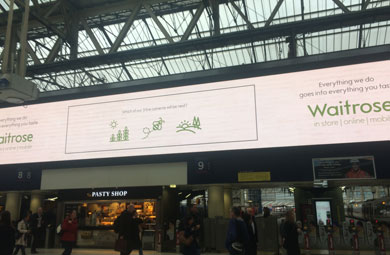
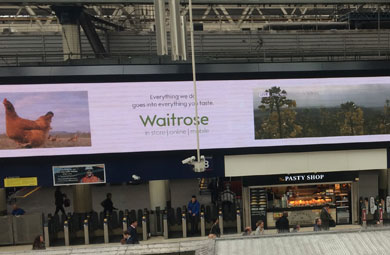
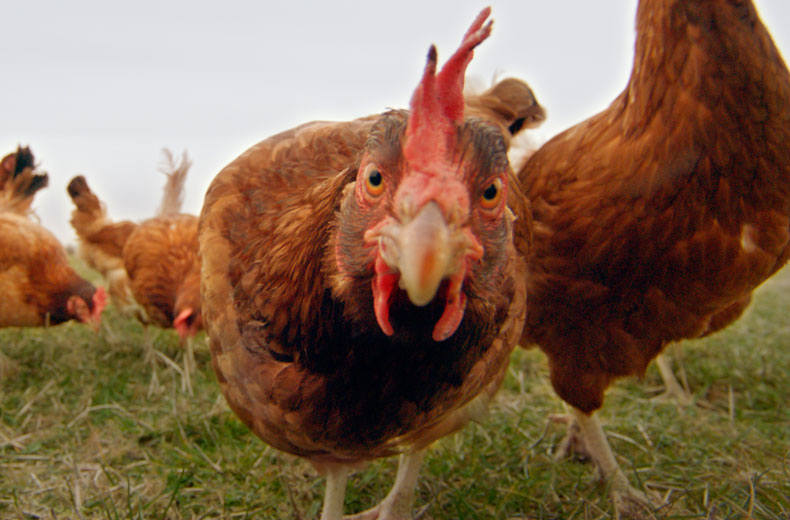
Clipper pride themselves on their green tea being natural, fair and delicious. To demonstrate why it tastes better than other green teas they opened a pop-up shop where customers could choose between Clipper and other less natural or ethical alternatives. Clipper don’t bleach their tea bags, add artificial flavourings or use chemicals. They also support the producers and their families. It’s not surprising that customers still choose the brand over the cheaper alternatives.
Agency: Exposure , London
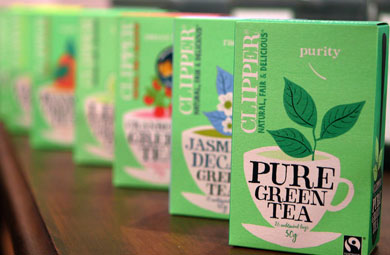
In 2016 the Body Shop turns 40, with a renewed global strategy to be the world’s most ethical and sustainable global business. The cosmetic brand has always ensured their products are made from natural ingredients and are sustainably sourced. Now they are bringing this to the forefront of their communications. The brand helps to protect 10,000 hectares of forest and enrich the lives of the communities involved in the processes. Enrich Not Exploit uses key influencers to tell this story.
Agency: Another Word, London
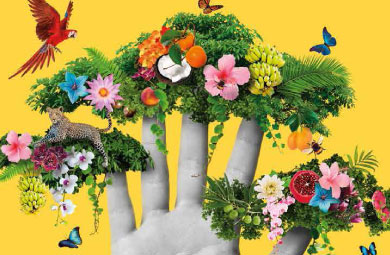
Happy Egg knows honesty and a commitment to welfare are important to their customers, so they created the Happy Trail, a digital tour of their freerange farm aimed at food lovers. The online experience is content-led, taking visitors on a tour of the farm in short-form, interviews, photo galleries and blog posts designed to educate and give inspirational eggy dish ideas. All while reinforcing brand’s welfare credentials that “happy hens lay really tasty eggs.”
Agency: Nonsense, London
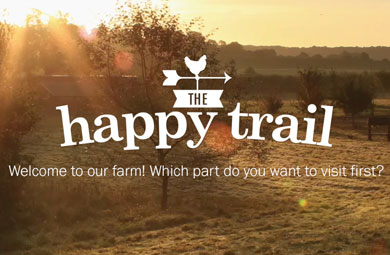
Looks like you need to create a Creativebrief account to perform this action.
Create account Sign inLooks like you need to create a Creativebrief account to perform this action.
Create account Sign in